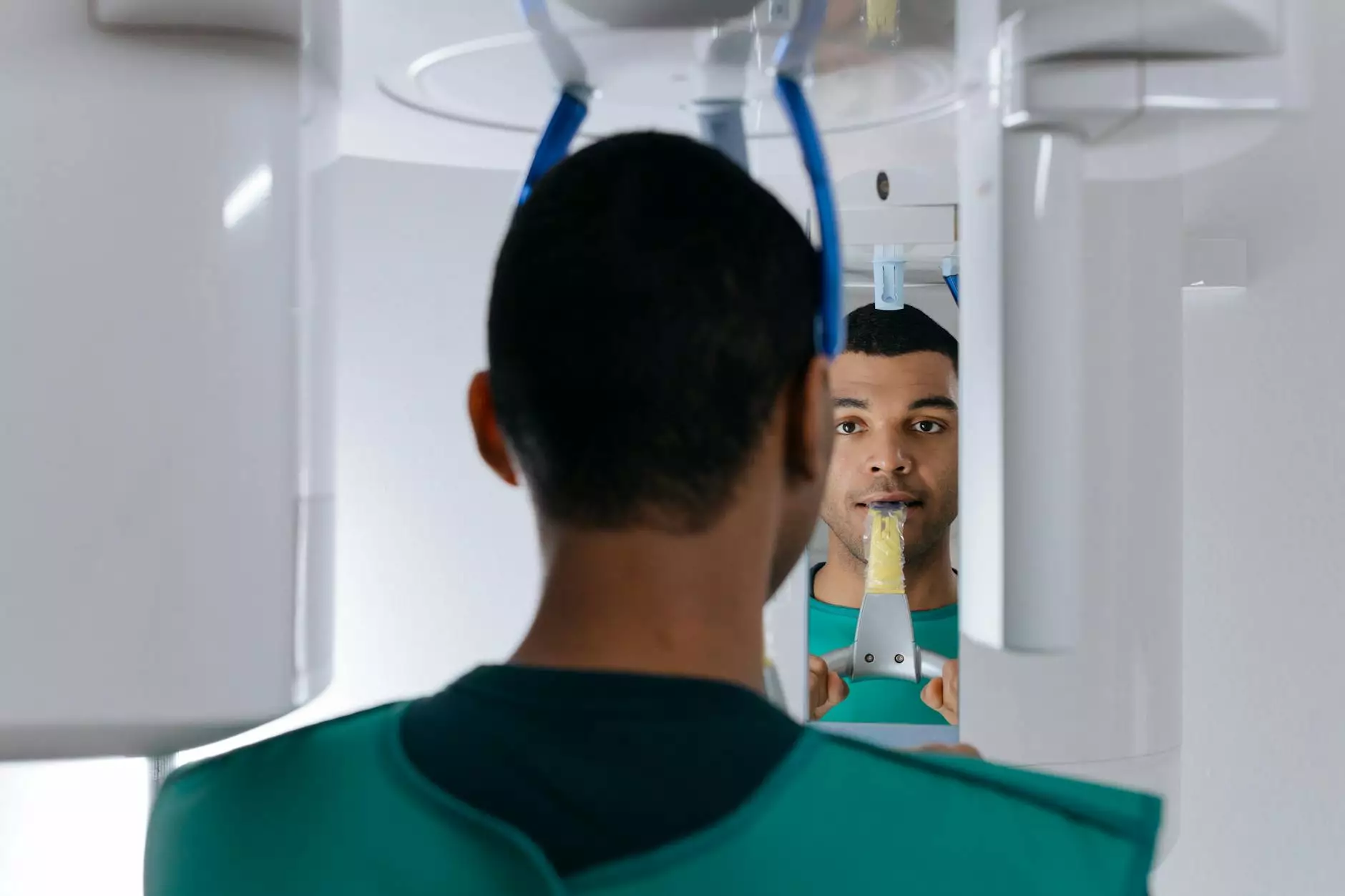Biohazard Technician Jobs: An Essential Role in Biohazard Cleanup

In an increasingly health-conscious world, the role of a biohazard technician has become vital in ensuring that environments affected by hazardous materials are safely cleaned and restored. This article explores the intricacies of biohazard technician jobs, shedding light on their responsibilities, required skills, and the significance of their work in the broader context of environmental safety and public health.
Understanding the Role of a Biohazard Technician
A biohazard technician specializes in the cleanup of biological materials that pose a risk to human health and safety. This can include bloodborne pathogens, chemical spills, and even hazardous waste. Technicians are often called to sites such as:
- Crime scenes
- Trauma scenes
- Industrial accidents
- Healthcare facilities
- Laboratories
These professionals assume a critical responsibility for ensuring that areas contaminated with harmful substances are cleared of any dangers, promoting a safe environment for individuals returning to these spaces.
Key Responsibilities of Biohazard Technicians
The responsibilities of biohazard technicians are diverse and intricate. Below are some of the primary duties they undertake:
- Assessment of Contaminated Sites: Technicians must evaluate the extent of contamination and potential hazards prior to beginning cleanup work.
- Preparation of Workspaces: Ensuring the area is safe for cleanup, which may involve setting up barriers, signage, and personal protective equipment (PPE).
- Safe Removal and Disposal: Biohazard technicians are trained to safely remove contaminated materials, such as biohazardous waste, in accordance with local and federal regulations.
- Decontamination Procedures: Following removal, technicians apply decontamination methods to eliminate pathogens, sterilizing the workspace as needed.
- Documentation: Keeping detailed records of the cleanup process, which is crucial for legal and health compliance.
- Communication: Effectively communicating with property owners, emergency responders, and regulatory bodies about the cleanup status and requirements.
Required Skills and Qualifications for Biohazard Technician Jobs
To embark on a career in biohazard cleanup, candidates must possess a unique blend of skills and qualifications. These include:
- Knowledge of Safety Procedures: A comprehensive understanding of OSHA (Occupational Safety and Health Administration) guidelines and other relevant safety protocols is essential.
- Technical Skills: Familiarity with the operation of cleaning equipment and protective gear is a must for any biohazard technician.
- Physical Stamina: The job often involves physically demanding work, including lifting heavy objects and working in potentially hazardous environments.
- Attention to Detail: Technicians must be meticulous in their work to ensure no hazardous materials are left behind.
- Emotional Resilience: The nature of the job can be difficult; technicians must be able to manage emotional stress effectively.
Education and Certification Pathways
While some employers may provide on-the-job training, aspiring biohazard technicians typically benefit from formal education and certification. The following pathways can enhance career prospects:
- High School Diploma: A minimum educational requirement for most entry-level positions.
- Relevant Certifications: Certifications in hazardous materials handling, OSHA safety training, and first aid/CPR can significantly improve employability.
- Specialized Training Programs: Many community colleges and vocational schools offer programs related to biohazard cleanup and hazardous waste operations.
The Importance of Biohazard Technicians in Public Health
The contributions of biohazard technicians extend far beyond the immediate cleaning tasks. Their role is instrumental in maintaining public health and safety by:
- Preventing the spread of infectious diseases
- Protecting emergency responders and the public from hazardous exposures
- Ensuring compliance with health regulations
- Assisting in crime scene and trauma scene investigations
Their work often goes unnoticed until a crisis arises, highlighting the importance of having qualified professionals ready to respond when needed.
Career Opportunities in Biohazard Technician Jobs
The field of biohazard cleanup is expanding, leading to several career opportunities for qualified individuals. Some potential career paths include:
- Lead Biohazard Technician: Responsible for overseeing cleanup crews and managing onsite operations.
- Health and Safety Officer: Focused on ensuring compliance with safety protocols and regulations.
- Environmental Remediation Specialist: Engages in broader environmental cleanup efforts beyond biohazardous waste.
- Trainings and Safety Consultant: Provides training for upcoming biohazard technicians and organizations involved in hazardous waste management.
As industries increasingly recognize the importance of trained technicians in managing biohazardous materials, opportunities for growth in this field will likely continue to rise.
The Future of Biohazard Technician Jobs
With the rise of global health concerns and environmental issues, the demand for biohazard technicians is expected to grow. The increasing prevalence of bioterrorism, pandemics, and industrial accidents requires a workforce that is well-trained and ready to respond. Moreover, as regulations surrounding hazardous materials become more stringent, the need for experts in biohazard cleanup will only intensify.
Technological Advancements in Biohazard Cleanup
Innovation plays a crucial role in enhancing the efficacy of cleanup efforts. Emerging technologies, such as:
- Robotic Cleanup Systems: Providing efficient and safer options for hazardous material cleanup.
- Advanced Monitoring Tools: Enabling real-time detection of contaminants to ensure complete decontamination.
- Improved PPE: Enhancements in personal protective equipment technology provide better protection for technicians.
These advancements not only improve the safety and efficiency of biohazard cleanup efforts but also open new avenues for professionals in this field.
Conclusion: Embrace a Rewarding Career in Biohazard Cleanup
In conclusion, a career in biohazard technician jobs is not only a fulfilling path for those committed to public health and safety but also a growing field with numerous opportunities for development. As the significance of maintaining safe environments continues to bolster, biohazard technicians will remain at the forefront, performing essential services that protect communities and enhance overall well-being. If you have the desire to make a tangible difference in the world around you, consider pursuing a career as a biohazard technician and join a critical workforce committed to health and safety.
For more information and to explore career opportunities, visit biohazardplus.com.









